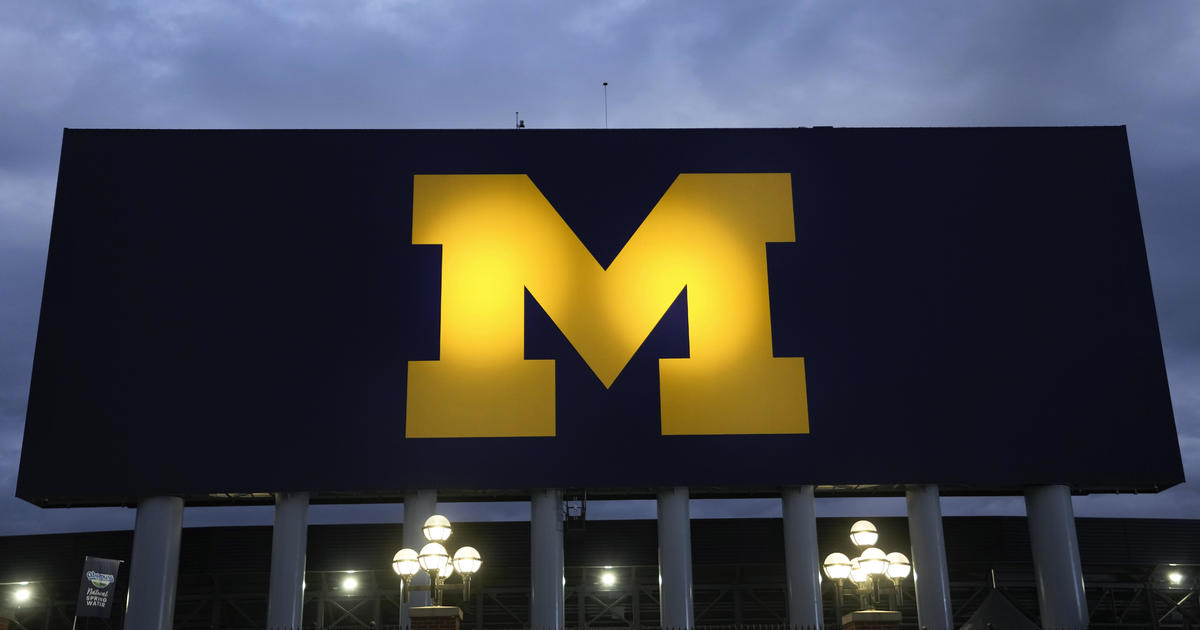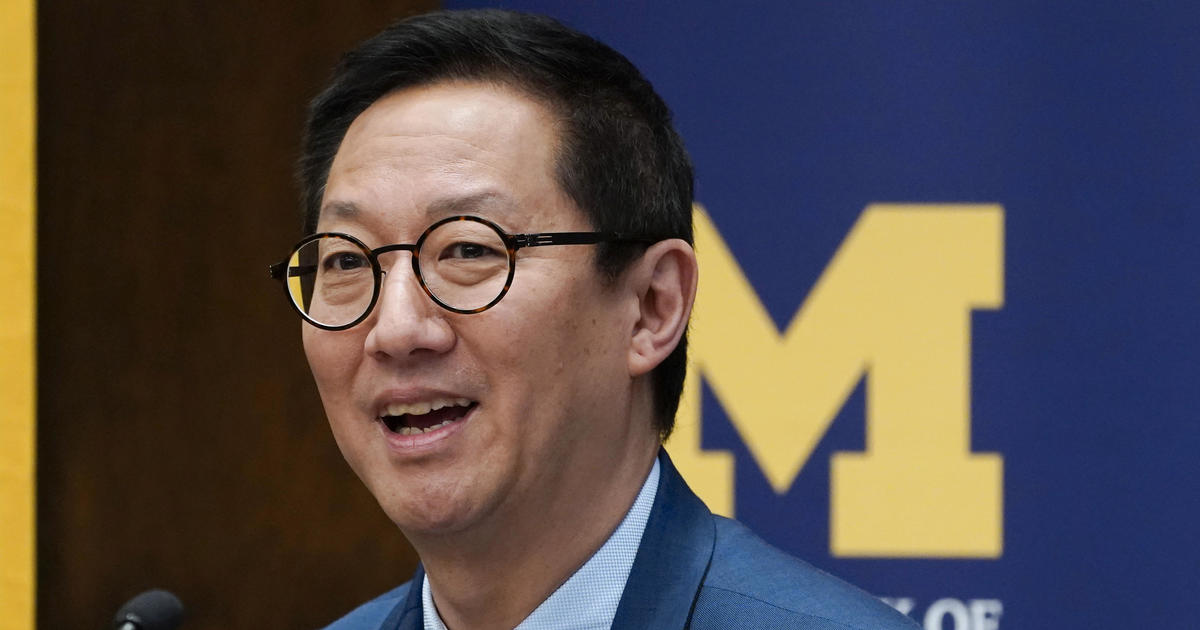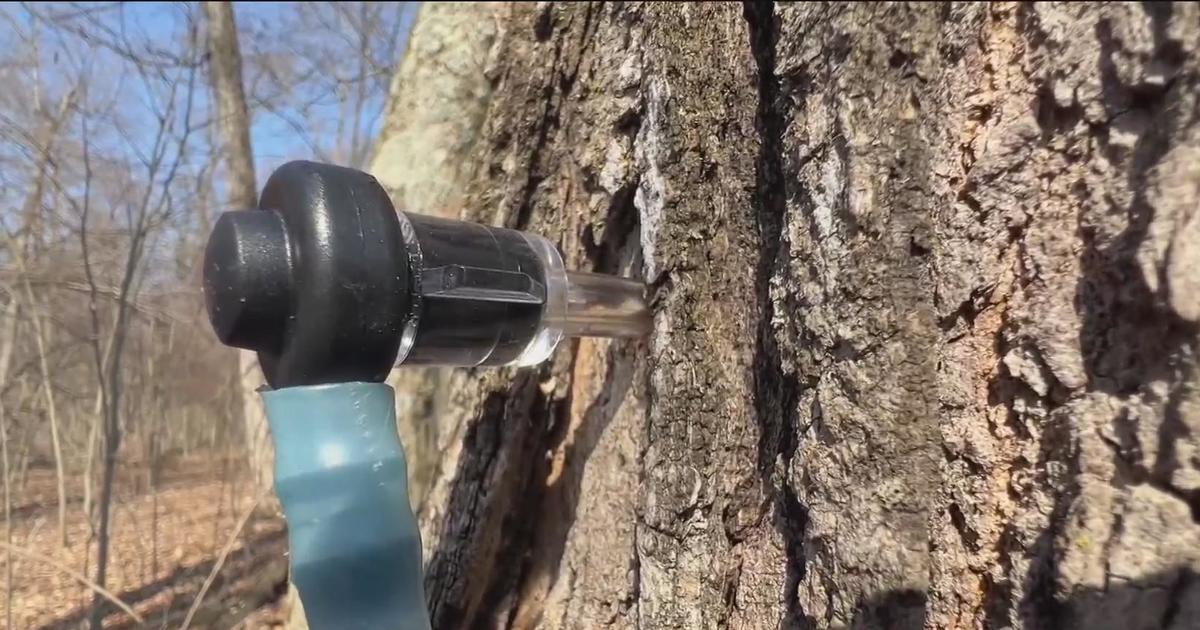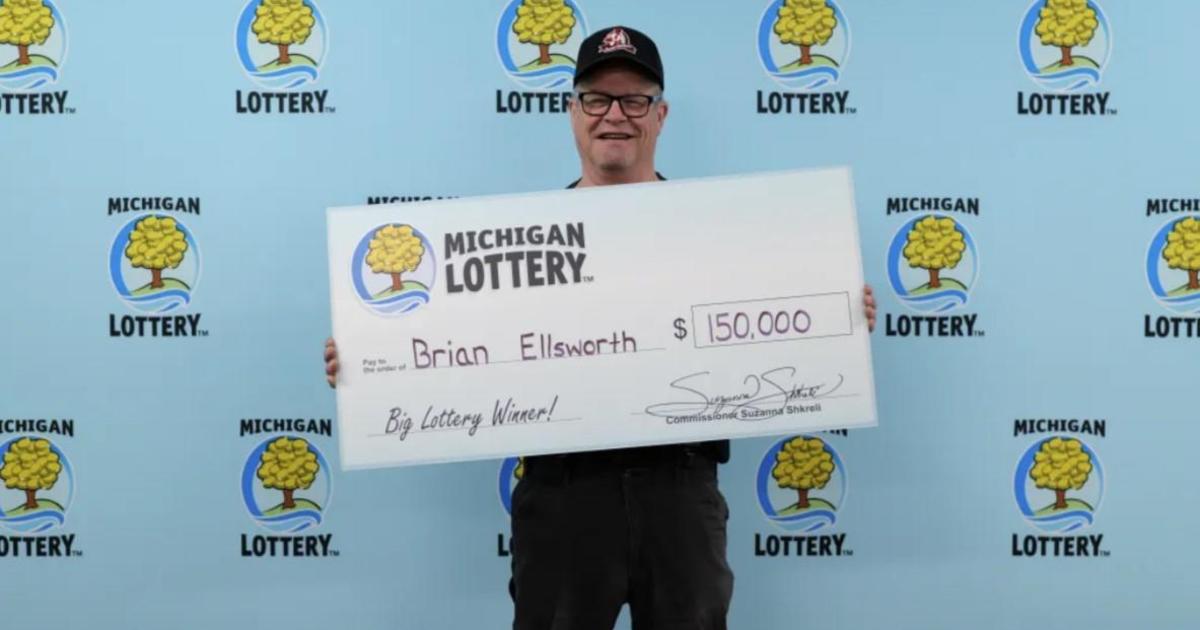University Investors Fast-Track Tech To Market Through New UM Program
ANN ARBOR -- Dream big. That's the main lesson that the National Science Foundation's Innovation Corps program taught Harvey Elliott, one of the more than 80 inventors and entrepreneurs who participated in the eight-week program that culminated Thursday at the University of Michigan.
"We were in a niche market, but we learned to go for the big market," said Elliott, a doctoral student in atmospheric, oceanic and space sciences who is developing an electrostatic shock warning system with professor Nilton Renno in the same department. "The fundamental technology remains the same, but our business model has changed significantly since we joined the I-Corps program."
I-Corps is designed to fast-track research from the lab to the real world. NSF started the program in 2011 at Stanford University, and in July the agency named UM and Georgia Institute of Technology new teaching nodes. UM's first cohort of 27 teams from across the nation has graduated, taking with them lessons, pivot ideas and momentum for the future.
Two of the teams were from UM. The electrostatic shock warning system from the Charge Tracker team of Elliott, Renno and Tech Transfer mentor Dave Hartmann could save money in the electronics manufacturing industry where shocks can damage products. It could also potentially save lives in factories where flammable and explosive materials are made. Renno and Elliott invented it when they needed a way to measure electrostatic discharge in dust storms on Earth and Mars. They initially envisioned a specialized market, but I-Corps helped them see the broader landscape.
"We were looking at a hand held wand that had a $300,000-a-year market. We realized that a bench top unit could have a market of $30 million a year, and by 2017, $50 million," Elliott said.
Teams come to these realizations after talking to potential customers --120 in Charge Tracker's case. That's the linchpin of the I-Corps curriculum.
"We break down the business models into nine elements," explained Jonathan Fay, an I-Corps instructor a nd associate director of entrepreneurial practice at the College of Engineering's Center for Entrepreneurship. "By talking to potential customers, the team members validate that each of their assumptions is true. And if it isn't true, what is true? Then they figure out what that means for their business before they spend a ton of money trying to launch a product."
When UM team MEMStim got out into the field, many of their assumptions were overturned. MEMStim is using nanofabrication techniques to make a smaller, denser electrode array for cochlear implants that improve hearing for the hearing-impaired. Team members are Ken Wise, the William Gould Dow Distinguished University Professor Emeritus of Electrical Engineering; Angelique Johnson, a research fellow in the same department; and Lindsay Klee, a mentor from the Medical Innovation Center.
The team believed that increasing the number of electrodes on the array would lead to better hearing for recipients of the implants.
"We were way off," Johnson said. "When we talked to clinicians, manufacturers and researchers, we found they weren't so optimistic that more electrodes led to better sound quality."
A light bulb went off for Wise. He realized that their device, which is slimmer than today's technology, could preserve more hearing in these patients because it is less invasive. Now, the team will focus on that selling point.
It's an uphill climb for all the teams, in one sense, says Fay.
"Usually an entrepreneur identifies a burning need and then goes out to find the solution," Fay said. "But this is basic science and they have to go the other way. They have to go backwards. The methodology that I-Corps uses is the only one I know of that lets you do that in a short period of time."
UM will host two national and two regional eight-week I-Corps workshops each year. For more information, visit http://cfe.umich.edu.



